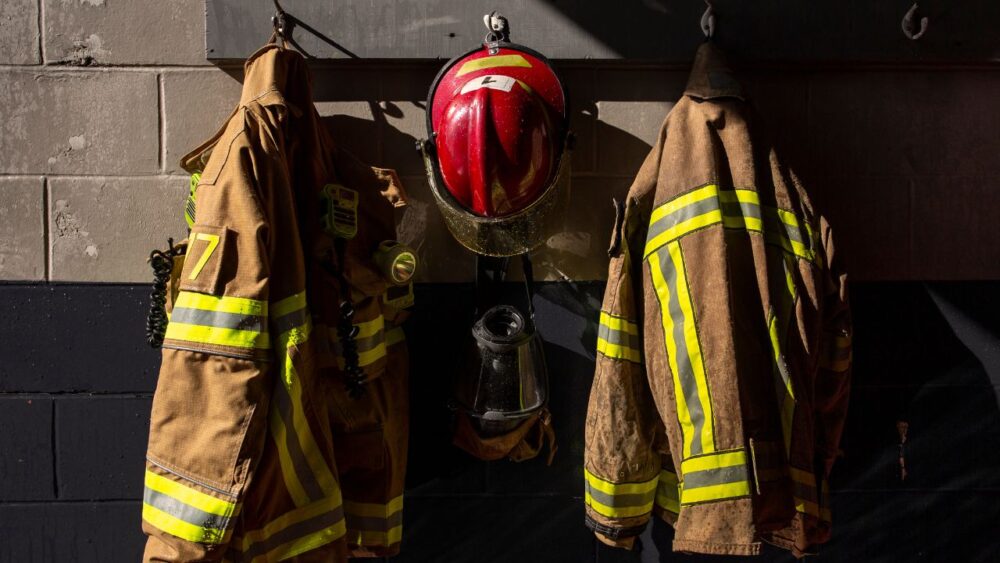A long-pursued measure to expand workers’ compensation for firefighters suffering heart attacks and strokes after their shifts has finally cleared the Texas Legislature.
House Bill 331, backed by a wide range of public safety organizations, was transmitted to the governor on May 13 after winning overwhelming bipartisan support in both chambers.
The bill significantly shifts the way Texas handles cardiac and stroke-related workers’ compensation claims for first responders, allowing coverage for incidents occurring within eight hours of going off duty.
“For years, the leading cause of death in firefighters was heart attack,” Brian Becker, president of the Irving Fire Fighters Association, said to The Dallas Express. “A study conducted by the National Institute for Occupational Safety and Health (NIOSH) determined that 44% of on-duty firefighter fatalities during the 10-year sample period were caused by sudden cardiac death.”
Backers of the bill say the science behind delayed cardiac response times for firefighters — whose bodies may still be reacting to high-stress exertion hours after a call — has become too compelling to ignore.
“Additional studies have shown that firefighting activities cause a 35% reduction in cardiac stroke volume, a 15% reduction in plasma volume, arterial stiffening, and an increase in platelet numbers,” Becker said. “These changes suggest a pro-coagulator state which can increase the risk of thrombus formation (blood clots). These changes have been shown to remain active in the body for up to 24 hours after the strenuous event.”
Similar proposals have failed to gain traction in past sessions. HB 331’s advancement this year comes after continued pressure from first responder advocates, new data, and what Becker described as a hard-earned legislative alignment.
“There are a lot of stakeholders involved in processes to change legislation, especially related to workers compensation,” he said. “With a small window every other year to get legislation passed, it’s sometimes challenging to get all the stakeholders on the same page at the same time. … I believe the science has finally caught up to what we have been claiming, which is why we were able to get it across the finish line this session.”
The bill’s fiscal note reads: “It is assumed that any costs associated with the bill could be absorbed using existing resources… No significant fiscal implication to units of local government is anticipated” — a conclusion some advocates see as consistent with the real-world application of similar programs.
Becker agreed that the bill was unlikely to induce ballooning costs for localities.
“I can’t imagine there is a serious financial impact by implementing this. … Because HB 331 only applies to Texas and only covers 8 hours, the number of claims the state would receive should be minimal. While financially insignificant in the grand scheme of things in the state’s budget, it is a tremendous protection to have for the first responders that may unfortunately have to use it,” he said.
The measure is now one signature away from becoming law.
Once signed, it would mark a substantial win for firefighters and emergency responders across Texas, many of whom have long sought recognition of the delayed risks tied to high-intensity work. The bill’s text indicates that it would take effect in September 2025.
HB 331 has drawn comparisons to the federal Hometown Heroes Act, which provides benefits to public safety officers who die of heart attacks or strokes within 24 hours of duty. Advocates say Texas’ version is narrower — and thus unlikely to create budget stress — but no less important.
“This bill is about fairness and science,” Becker said. “It may not cost much, but it means everything to the men and women who put their lives on the line every day.”


